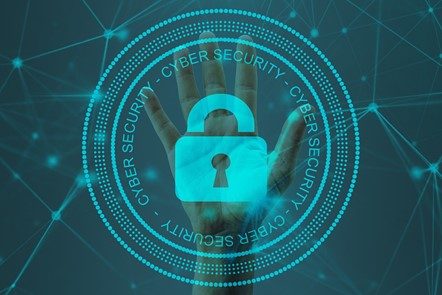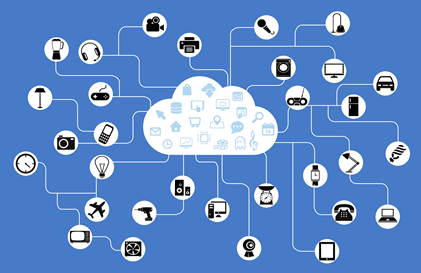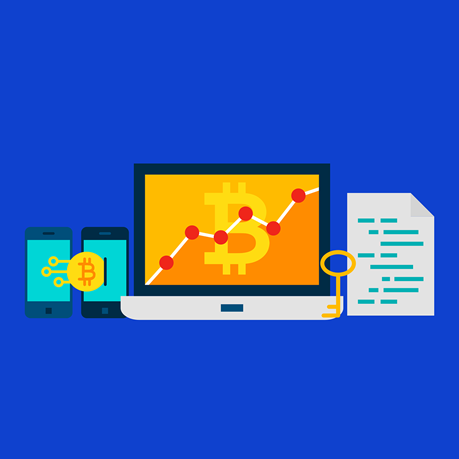Have you ever thought about why software testing is important and has a significant role in the Software Development Life Cycle (SDLC)? To answer simply, testing is necessary to spot bugs, loopholes, and malfunctioning of software and its features. Software testing ensures faultless working of the product when delivered to customers. Quality Assurance (QA) includes testing as the fundamental building block.
According to the report by Global Market Insights, the software testing industry is expected to grow at a CAGR of over 6% from 2020 to 2026. But the software testing market is also witnessing a paradigm shift.
Gone are the days when you had to write test cases and test suites manually. IT companies have realized the drawbacks of manual testing as it is a tedious and human-dependent process. There are better testing techniques available in the market which does the job much more efficiently. Companies and aspiring software testers need to adapt to the new methods of software testing. Then and only then you can stay relevant and deliver a high-quality software product.
“Software testers are the unsung heroes of the software development life cycle.” ~ Maged Koshty (Udemy for the business instructor)
Here is a list of 5 software testing trends that you should follow and use to stay relevant in the industry:
- No-code Automated Testing
Performing test cases without coding at all is possible with the help of Artificial Intelligence (AI) and Machine Learning (ML). These two technologies are used to develop robust automated testing tools. Hyper Automation is most likely to be at the top of the automated testing tools list using the combined power of AI, ML, and Robotic Process Automation (RPA).
The tools mostly drag and drop and require you to set the sequence of testing elements of the software. No-code automated testing is a quick and user-friendly way to perform UI testing, Unit testing, and Integration testing. Moreover, these tools provide better test coverage as compared to scripted testing. Both web apps and mobile apps need automated testing.
Katalon Studio, TestCraft, and Ranorex Studio are some of the best tools for automated testing. Selenium is a framework that is popularly used to perform scripted automation testing using languages such as java, javascript, python, etc. Also, using Selenium IDE, you can fully automate your product’s test suites. Leapwork is a cloud-based codeless testing platform that works on top of Selenium automation. All these tools support multi-platform testing and have record and playback features too. Yes, you may need to spend some amount of money in purchasing the software but it is a better investment than a full-fledged team of manual testers.
- Security Testing
Are you afraid of the vulnerabilities of your software product? If yes, you need to perform security testing before launching the software. In fact, due to the increasing number of cyberattacks, cybersecurity testing should be given priority. Security test cases identify the loopholes in the system and areas that are prone to data leakage. Security analysis should be done in the requirement analysis phase of the SDLC life cycle

Further, you should perform BlackBox testing, vulnerability scanning, penetration testing, and security auditing. Some of the examples for cybersecurity test cases may include password encryption, check cookies and session time, high encryption for finance-related data, etc. Intruder, Owasp, Acunetix, and W3af are the most popular tools available for security testing in the market. Security testers are going to be high in demand for the coming decade to resolve the security concerns in the software.
- IoT Testing
According to Statista, there will be about 75 billion connected IoT devices by 2025! The IoT industry is rapidly growing and is expected to grow twofold by 2023 as compared to 2019. With so many IoT-enabled devices, IoT testing becomes a necessity. Although many enterprises haven’t yet adopted IoT testing. For IoT testing first, you need to test the components like device, sensors, embedded software, cloud infrastructure, and network connectivity. Functional validation, conditional validation, performance validation, data and gateway validation, and communication validation follow-up. Gray box testing is also a common IoT testing practice.

In the IoT environment, users access a lot of data and hence, it is essential to authenticate and authorize the users. As for IoT testing, you need to test both hardware and software, it makes it a complex procedure. To make IoT testing easier, Shodan and Thingful are the tools that can be used. IoT testing ensures a seamless user experience across connected IoT devices and has a huge marketplace in 2021.
- DevTestOps
DevOps is a set of practices that helps the development and operational team go hand in hand. DevOps is an efficient practice and many enterprises have adopted DevOps recently looking at the benefits it provides. But it lacks one component that can cause a lot of problems after production. That is continuous testing. That’s where DevTestOps comes to the rescue. Along with the Continuous Integration and Continuous Delivery (CI/CD) pipeline, you automate test cases for each new integrated feature. This helps you in producing not just high-quality outcomes but also high-quality features.
Also, if you spot a bug in CI/CD pipeline, you can fix it much more quickly as compared to testing at the end of the development phase. Multi-layer testing assures testing of every component such as GUI and even APIs too. Jenkins, Chef, Puppet, Ansible, etc are some of the best CI/CD DevOps tools. For DevTestOps you can combine CI/CD tools with any of the automated testing tools. As a DevOps engineer, if you can perform quality test cases, you can easily upgrade to the DevTestOps role.
- Blockchain Testing
Financial service providers and any capital-intensive service providers have always faced the issue of securely storing the user transactional data. Blockchain – a system that works on decentralized data structure, makes it extremely hard to mess up with the data. And hence, most of the applications that deal with sensitive data are shifting towards blockchain technology. If you need to develop software for a bank, going with blockchain is the best possible solution despite the heavy costs you need to pay.

For performing blockchain testing, you need to have a thorough understanding of the architecture of blockchain. You need to perform block testing, performance testing, contact testing, and functional testing. After that, you need to generate reports and study them thoroughly as it is recommended for blockchain testing. Ethereum tester, Ganache, and Hyperledger Composer are well-known blockchain testing tools. Blockchain is intensively being used in cryptocurrencies and Non-Fungible Tokens (NFTs) too. Hence, the demand for blockchain testing is going to rise.
For all IT enterprises, software testing is and will always remain an inseparable part of the Software development lifecycle. The more enterprises invest in hiring top-quality software testers, the better quality outcomes you can produce. On the other hand, software testers need to upgrade themselves to match up with the upcoming technology. Remember, Automated testing will not replace software testers completely. There is still a requirement of a person who knows the quality expected, the improvement required, and how to use the tool to its best.
How can we help?
If you’re an experienced tester who’s looking to take your career to the next level, why not arrange to speak to one of our consultants at Talentooze? It’s our ambition to provide great career opportunities that unleash your potential and accelerate your ambitions.
If you’re a business leader seeking to hire a software testing guru to bolster quality of your products, look no further. Contact us, and we’ll share details of our staffing solutions and approach.


